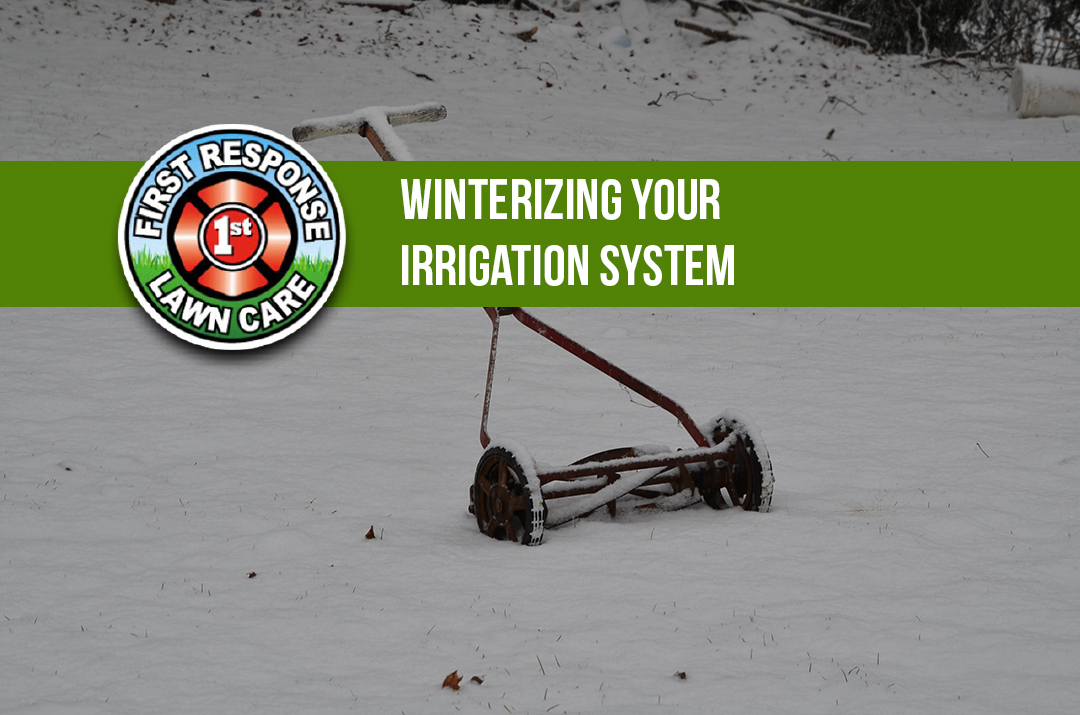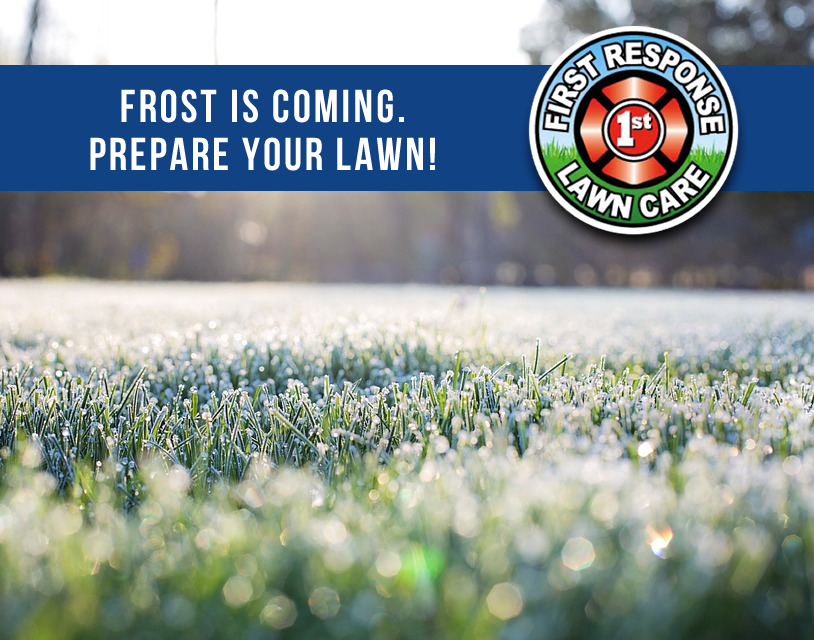
by admin | Jan 11, 2019 | Irrigation Rockwall, Lawn Care Royse City, Winterizing Your Lawn
Wintertime can be hard on your sprinkler system. In Texas, winter weather related damage, can have a lasting effect on watering systems. The freeze/thaw cycle in the winter months can damage pipes and create leakage issues you might not know are there until your next water bill.
Follow these easy steps to help minimize the chance for winter lawn irrigation problems in the coming Spring.
- Turn off the water main to the irrigation system itself.
- Set your irrigation controller to the “rain” or “off” setting.
- Turn on each valve manually to release pressure in the pipes.
- Drain water out of irrigation components that might freeze. (This is usually done at the lowest elevation point or sprinkler head of the system.)
Above ground piping will need additional TLC such as insulation of the system components that are susceptible to to freezing. Using heat trace tape designed to keep the pipes warm during colder temperatures can keep these parts free of problems later on.
Questions? Contact First Response Lawn Care irrigation specialists by clicking the link below to ask about our expert irrigation services.
Contact First Response Lawn Care Today!

by admin | Jan 4, 2019 | Lawn Maintenance Rockwall, Pre emergent Service Fate TX, Winterizing Your Lawn
Pre-Emergent herbicides work by preventing seed germination. They don’t do much good after the weeds bloom. They’re best used as a preventative treatment in winter or summer dormant seasons.
Winter pre-emergent weed control makes warmer, heavy growth seasons manageable. During the Spring and Summer months, weeds thrive in warmer climate of these seasons. Getting a head start in the winter can keep things easy to maintain later in the season when grass is struggling to compete with weeds for water and minerals in the soil. When it comes to weed control, timing is everything. Winter pre-emergent weed control treatments are best applied before the ground temperatures rise past 50 degrees.
Professional-quality pre-emergent herbicides control target grasses and broad-leaf weeds on turf, and landscaping, Pre-emergent herbicides are weed killers that are perfect for Winter application. First Response Lawn Care has professional grade products that aren’t found at do-it-yourself outlets and retail stores.
Contact Us

by admin | Nov 9, 2018 | Water Conservation, Watering, Winterizing Your Lawn
Looks like freezing temps are in our future. If you have a sprinkler system, be sure to turn off your controller to avoid busted pipes and frozen driveways. Here are some water conservation tips for all and winter months.
FALL WATER CONSERVATION TIPS
In the fall, plants require less water. Adjust your system accordingly.
Thinking about overseeding your yard? Over-seeding warm-season lawns, such as Bermudagrass, with cool-season grasses, such as perennial rye grass in the fall can provide a beautiful landscape until spring in Texas. However, from a water conservation standpoint, landscaping experts don’t recommend over-seeding with perennial ryegrass. An over-seeded lawn will require more irrigation because of the water needs of cool-season grasses versus the reduced water requirements of dormant warm-season grasses. When establishing new lawns in the fall, apply for a short-term watering variance. It will allow daily irrigation of new sod or over-seeded grasses for 30 days without risk of a citation.
To prepare for winter and freezing conditions, turn off water, drain valves and blow out excess water in the lines with compressed air.
Disconnect, drain, coil and store garden hoses to reduce wear.
Check your water usage history for unusual changes that may signal leaks or other wasteful problems.
If you have a sprinkler system, it’s a good time to have it checked out by a professional. Call First Response Lawn Care if you need an inspection of your irrigation system.
BUCKLE DOWN FOR WINTER
Tree roots continue to grow during the winter. If extended dry spells are experienced, consider hand watering your trees once a month.
Check your lawn. Warm-season grasses (like Bermudagrass) go dormant during winter months, but they still require adequate moisture. Cool-season lawns, like tall fescue, only need 1″ of water every two weeks. Irrigate your lawn in the morning during warmer winter days to avoid winter kill if dry conditions persist.
Turn sprinklers off during freezing temperatures to avoid icy streets and can even result in a fine.



